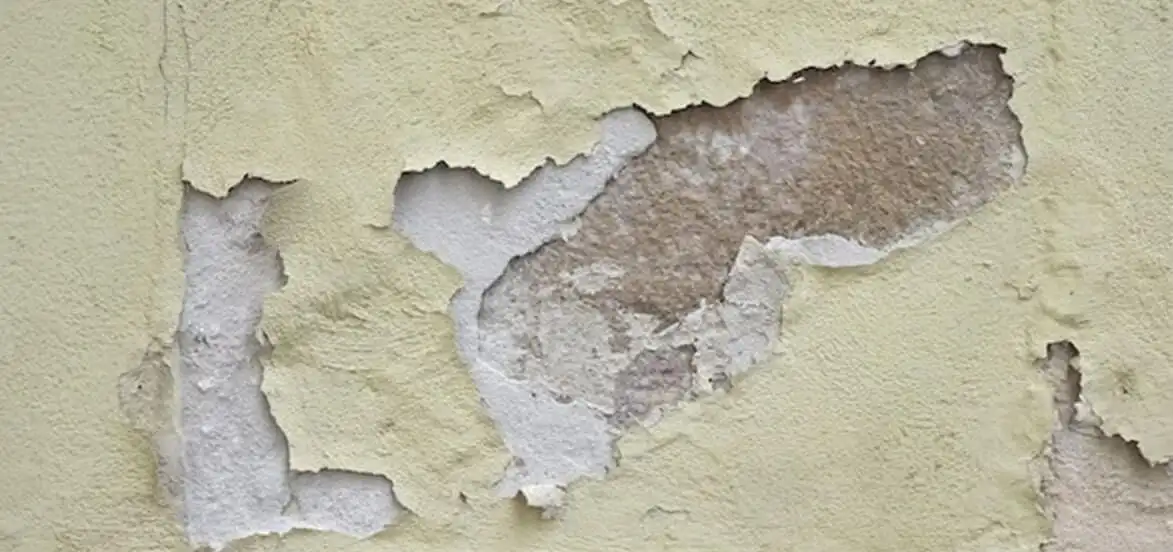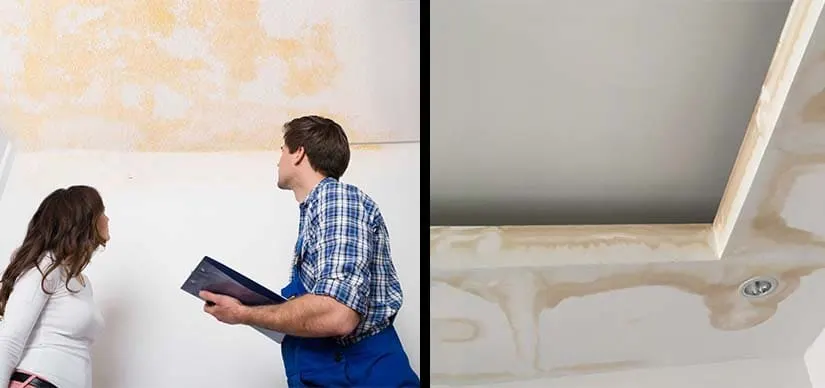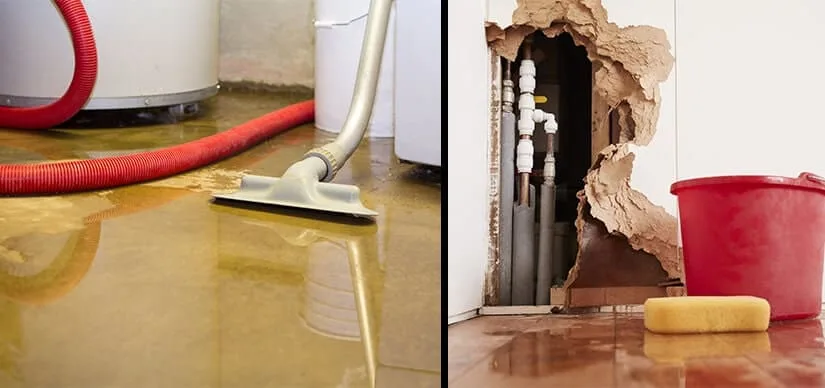How To Prevent Your Home From Water Damage?
Views : 1018

Are you aware that you might not get claims from insurance companies for all kinds of water damage? If water damage occurred due to storms, unexpected pipe bursts, or plumbing failures for which you are covered, you could file for claims. But if the root cause of water damage is found to be due to the negligence of homeowners, your claim might not be approved. The best way to avoid spending a huge amount of money on repairs is to prevent water damage in the first place.
Many companies are offering water damage restoration in Brea, but not all companies have the right knowledge and resources to help homeowners prevent water damage. Only expert, licensed plumbers offering repair and restoration services for water damage in Brea, like EZ Plumbing USA plumbers, can perform proper plumbing inspections and suggest effective measures to prevent water damage.
There are many reasons for water damage, such as burst pipes, slab leaks, clogged gutters, toilets, and leaking AC units or water heaters. You can easily protect your home and prevent water damage. How?
Water Damage Prevention Tips
1. Clean the gutters
In order to avoid water damage issues, you must keep the home gutters clean. According to water damage experts in Brea, poor home drainage can cause cracks in the property, due to which water will flow through the basement. So, it is advisable to get the gutters cleaned every six months.
When there is a storm, the wet leaves and branches can clog the drains. If you are living in an area where storms occur frequently, get the drain lines cleaned once in 3-5 months.
2. Check washing machine hoses
Every home these days has a washing machine. If cracks develop on the hoses, a lot of water is released within no time from the hoses, which can also break or burst.
Water can quickly spread everywhere. If the washer is near the kitchen, you might find the kitchen flooded with inches of water within no time. You need to quickly switch off the washer, extract water and dry the place, including the wet carpets and other items that are drenched in water.
Consult with a plumber offering water damage restoration. The professional will not only fix hoses but also check for hidden traces of water under cabinets or floorboards, which, if not removed on time, can cause water damage.
3. Inspect your home roof regularly
Roof leaks are common. It can occur silently and stay hidden until water spots or stains start appearing on the ceilings. To prevent roof water damage, inspect your roofs from time to time for cracks, especially before and after a thunderstorm. You can use binoculars to find even the smallest cracks or splits in the roof. Find waterproofing options from water damage restoration (Brea) plumbers for long-term peace of mind.
4. Maintain the home drains
If you are not in the habit of cleaning your drains regularly, then clogs occur. Clean the bathroom drain, kitchen drains, and toilet drains every month. Avoid using harsh chemicals to clean the drains. There are environment-friendly drain cleaning options available. Severe drain clogging is one of the most common causes of drain pipe leaks and water damage.
5. Inspect your home plumbing system regularly
Inspecting your home plumbing system every few months will help you quickly detect and fix water damage probabilities. You can also get a professional plumbing inspection done by licensed plumbers. You get evidence-based reports about all kinds of potential leak probabilities due to scale buildup, corrosion, pipe damage, and other factors present in your plumbing.
6. Check the seal and caulk of your door and windows
Doors and windows are other areas where leaks can occur and damage your home. That means if your home doors and windows have space for leaks, then make sure to reseal them to prevent future water damage. Moreover, you can also use caulk for bathtubs, fixtures, and faucets to prevent leaks.
7. Regularly maintain the sump pump
The sump pump of your home plays an essential role in keeping water out of the home by preventing water damage. It is also known as the property’s last line of protection against flooding. So, for the best result, ensure to inspect the sump pump on a regular basis to keep the water damage away from the home.
8. Reduce the risk of freezing pipes
The problem of freezing pipes is widespread in homes that are located in areas receiving heavy snowfall. Due to this problem, the water pipes of the homes freeze and burst as pressure increases inside them.
So, inspect your home water pipes before the winter and provide correct insulation, as it can also cause water damage in the home due to bursting. However, if they freeze, make sure to thaw them or call professional plumbers to fix the issue as soon as possible.
9. Maintain trees and vegetation around your home
When you plant trees, ensure that the roots of the trees don’t wrap on your home plumbing pipes and break them. You could always ask the plumbers during a plumbing inspection to check the possibility of water damage from tree roots.
10. Check the water pressure of your home
High water pressure can damage the hoses and pipes of the plumbing system, causing leaks and water damage. Get a water pressure regulator installed. When you get a plumbing inspection done at your place, find out from the plumber all about water pressure regulator installation. Plumbers offering repair services for water damage (Brea) will also suggest preventive measures like the installation of a water leak detector and water shut-off valve. These devices help you identify a leak as soon as it occurs and help you shut off the water supply to prevent water damage.
The bottom line
The best way to prevent plumbing troubles is to conduct a plumbing inspection every six months. You should always consult licensed and emergency plumbers in Orange Countyoffering water damage restoration professionals to ensure measures to prevent water damage after the plumbing inspection is over.
If you are wondering how to find 100% trustworthy plumbers in Brea, contact EZ Plumbing USA. It is the best company for all kinds of plumbing services, including water damage restoration in Brea.
No matter what type of plumbing issue your home is dealing with, EZ Plumbing USA is the one-stop solution provider in Brea for all plumbing needs. The company provides the services of its highly qualified, skilled, and experienced plumbers to help you maintain your plumbing system in good condition for a long time. EZ Plumbing USA offers affordable plumbing services 24/7. Contact them today to learn about their plumbing inspection and water damage prevention services.

.jpg)


